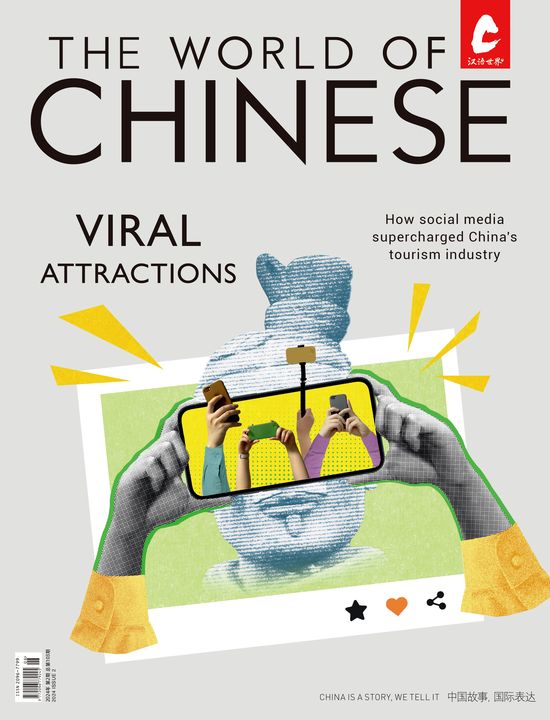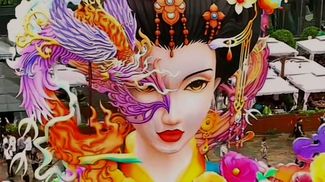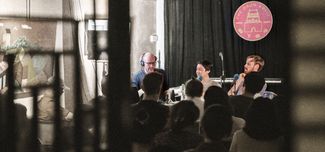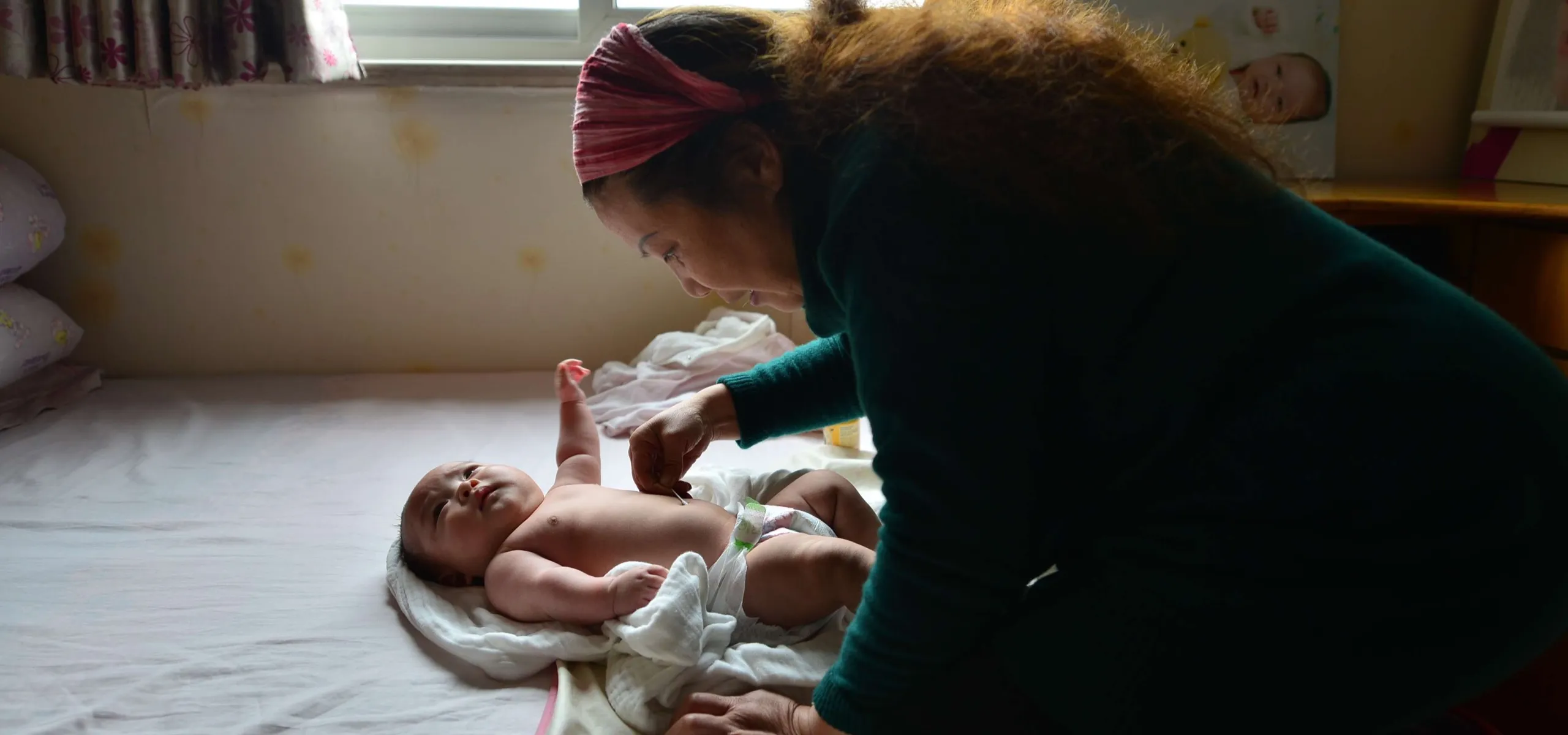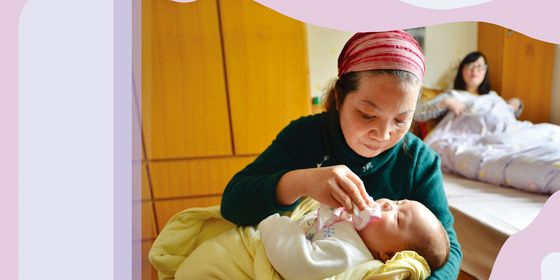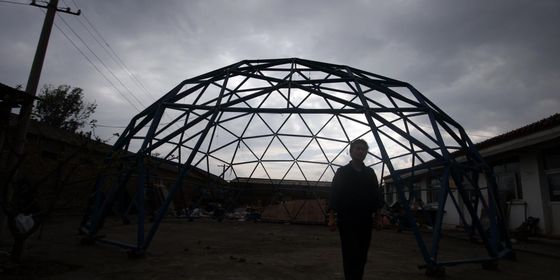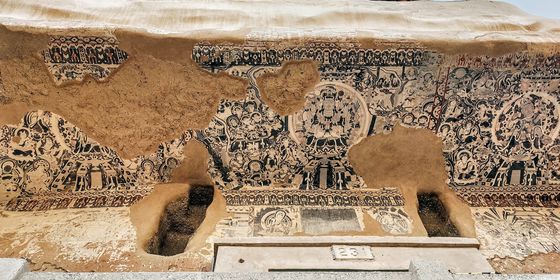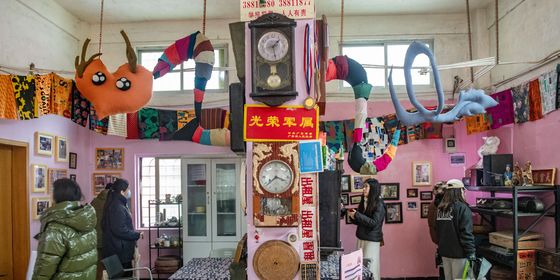“We have no hope of being seen as human”: a writer recalls her mother’s struggles as a ‘yuesao,’ a nanny specializing in newborn and new mother care
This is the story of my mother, Chen Wan, who worked for four years in the city as a “postpartum nanny.”
Chinese tradition dictates that women are in delicate health in the month immediately after they give birth. During this time, they are expected to stay confined to their home, and follow a strict regimen covering diet, hygiene, and rest in order to recuperate—a practice known as zuoyuezi (literally, “sitting the month”). Formerly, the task of taking care of new mothers and their infant during this critical month fell to other married women in their family, typically their own mother or mother-in-law. In the past decade, however, women who live in cities far away from their families, or who want more professionalized care than the older generation can provide, have begun hiring nannies specializing in postpartum care, also known as yuesao (月嫂).
The rise of the postpartum nursing sector once gave hope to many middle-aged migrant workers in the city: without needing much education, they could make a good living and support their families back home. But as the sector grew, so did the competition, and new standards introduced to address safety concerns in the industry inevitably saw older yuesao without high qualifications once again in the desperate conditions they started in.
It is hard for me to recount even a fraction of what this group of women experienced. I only wish to make their existence known, and for people to understand their incredible strength.
